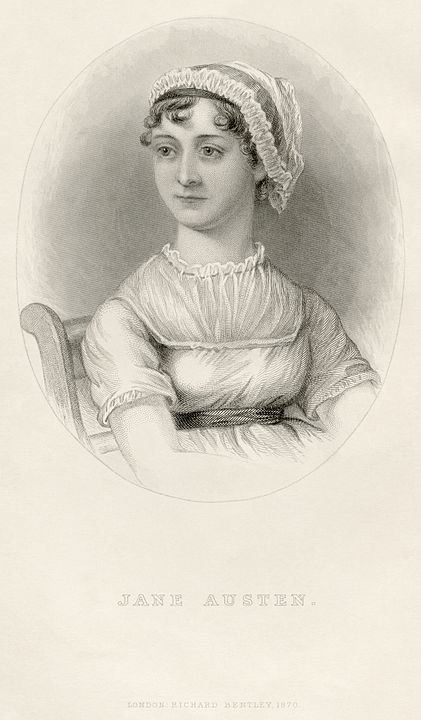Yet another trigger warning…but just how troubling can Jane Austen be?

News that the University of Greenwich is warning its undergrads about the potentially disturbing “gender stereotypes” and “toxic relationships and friendships” conjured up by Jane Austen in Northanger Abbey has prompted hilarity and consternation in equal parts.
How on earth could an 1817 parody of Gothic fiction be so troubling to our worldly wise sensibilities in the 21st century? Remember Northanger Abbey, the first of Austen’s completed novels and published posthumously, is considered more minor than her other works. In fact, it is generally mentioned as an afterthought, with the Austen canon delighting in Pride and Prejudice, its glittering jewel that is shot through with mordant wit and brilliant characterisation.
Turns out Northanger Abbey is not much of an outlier in terms of trigger warnings and Austen’s usual romp through emotional territory has been previously judged to need advance warning.
For all that Austen’s world seems so gentle, modern educators fear it may be discomfiting to today’s young people, what with all those heaving bosoms and seething passions. Austen’s fictional universal is full of sighing young women, wistful suitors, minx-like girls, stern fathers in search of rich brides for their sons and matchmaking mamas. In Northanger Abbey, there is a further element – the 17-year-old protagonist, Catherine, takes Gothic novels too deeply to heart and starts to believe real life must be much the same. (Somewhat like a 17-year-old in 2023 believing a TikTok creation is real and true.) Catherine is also a tomboy, while Henry, the young man she’s mooning over, is just as interested as any girl in Gothic fiction and the price of muslin. Is that all about fluid gender identities?
Anyway, so Northanger Abbey has been judged a bit risky for young minds without preparation for what is to come.
The Guardian indicates this may be par for the course, with the new trigger warning following others for other Austen novels: alcohol consumption for Emma, Pride and Prejudice, Sense and Sensibility; slavery in Mansfield Park; Roma-hating “antiziganism” in Emma; incest in Mansfield Park; classism in Pride and Prejudice; implied grooming in Emma and depression and “animal hunting mentioned” in Sense and Sensibility.
Dear me.
Perhaps it’s worth investigating the original purpose of trigger warnings and their evolving use and function.
Also read:

